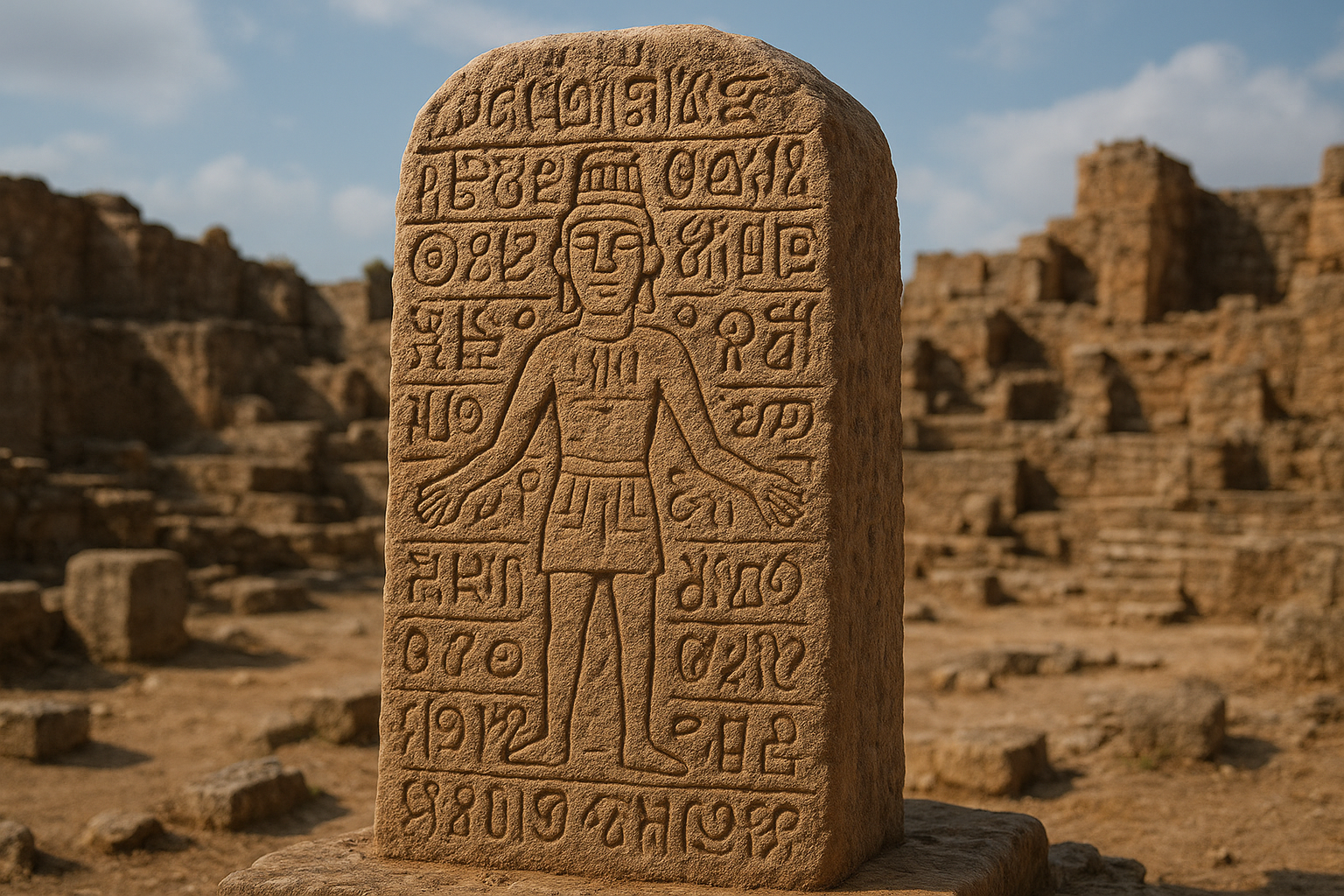Humanity’s past is shrouded in the myths of lost civilizations, each echoing tales of their gods, heroes, and the cosmos. These vanished societies crafted their own narratives, embedding their beliefs into the very fabric of their daily lives and, eventually, into the myths we study today. This exploration will venture through the enduring legacies of these myths, examining how each legend shaped its culture and retains relevance in modern discourse.
Echoes of Atlantis
The legend of Atlantis has resonated through the ages, first mentioned by the ancient Greek philosopher Plato. In his dialogues “Timaeus” and “Critias,” he describes an advanced civilization that was ultimately submerged beneath the sea. Scholars and enthusiasts alike have been entranced by the mystery of Atlantis, speculating on its existence and location. Through Plato’s portrayal, Atlantis has come to symbolize a cautionary tale of human hubris and the potential downfall awaiting societies that grow too proud.
“And when, in consequence of insolence, Atlantean kings sought also to subdue Athens, divine retribution followed.” – Plato, Timaeus
Atlantean myths highlight humanity’s fascination with the unknown and illustrate how the tales of a civilization, whether real or mythic, can shape cultural expectations of a utopian yet ultimately flawed society.
The Mystique of Mu
Cradled in the mythical Pacific lies the story of Mu, a continent believed by some to have sunken in ancient times. First proposed by Le Plongeon in the 19th century, who claimed that a landmass existed where civilization originated, the legend of Mu is rich in mystery and skepticism. Despite a lack of scientific evidence, the idea of Mu persists, inspiring numerous books and theories. Like Atlantis, Mu embodies the lost ideal, a civilization destroyed by natural catastrophe yet remembered through folklore.
El Dorado’s Golden Mirage
El Dorado is more than a tale of lost riches; it is an allegory of ambition and the drive for discovery. Originally, El Dorado referred to a man, the “Gilded One,” a Muisca king covered in gold dust for ceremonial purposes before being immersed in Lake Guatavita. Over time, European explorers transformed the narrative into a city of gold hidden in the Americas, fueling expansive and fruitless expeditions.
The El Dorado legend underscores the allure of wealth and the folly of unbridled desire. These expeditions often resulted in tragedy and are chronicled in history as a powerful critique of exploratory excess and colonial arrogance.
The Enigma of Shambhala
In the Himalayas, tales speak of Shambhala, a mythical kingdom hidden in the peaks and valleys of Central Asia. Central to Tibetan Buddhism, Shambhala is depicted as a utopian haven, a land of enlightened inhabitants. As mentioned in the Kalachakra Tantra, it serves not only as a symbol of ultimate spiritual fulfillment but also as a prophecy for the future.
“The Shambhala prophecy is believed to be indicative of a time when the world reaches a critical point where the forces of destruction and the need for spiritual enlightenment reach an ultimate convergence.” – Kalachakra Tantra
Shambhala remains a potent metaphor for seeking inner peace amidst external chaos, emphasizing the spiritual journey over physical exploration.
Legacy and Modern Relevance
The myths of lost civilizations captivate the modern imagination, transcending historical and cultural bounds. As we reflect on these legends, we gain insight into the societies that spawned them. The narratives expose timeless human truths about our fears, desires, and ambitions. In striving to understand the past through its myths, we shed light on our present condition and Earth’s rotational journey.
In a world of digital landscapes and technological advancement, the allure of these ancient myths persists, fueling curiosity and scholarly debate. They serve as a poignant reminder that the stories we choose to preserve are not just relics of bygone eras, but living documents of humanity’s enduring quest for meaning.
Each tale of a lost civilization, be it Atlantis, Mu, El Dorado, or Shambhala, serves as a testament to human creativity, a narrative construction enriched by the imaginations of those who spun and later embellished them. These myths, in all their complexity, allow us to glimpse a shared human heritage, urging us to seek the hidden truths beyond myths’ tantalizing veils.
